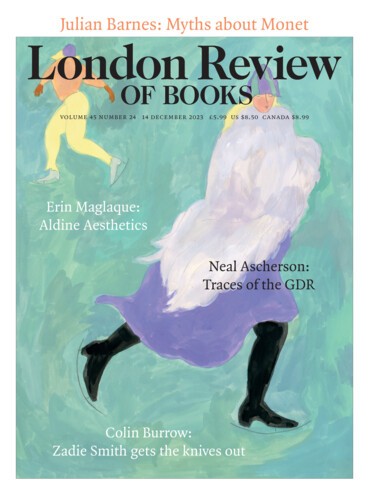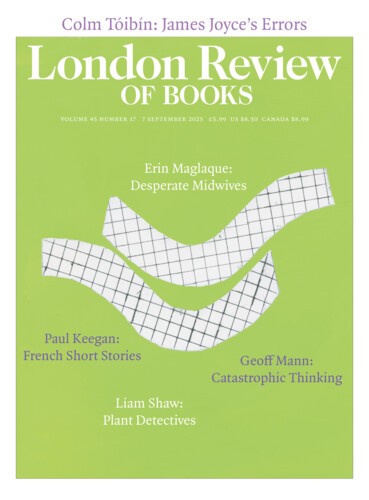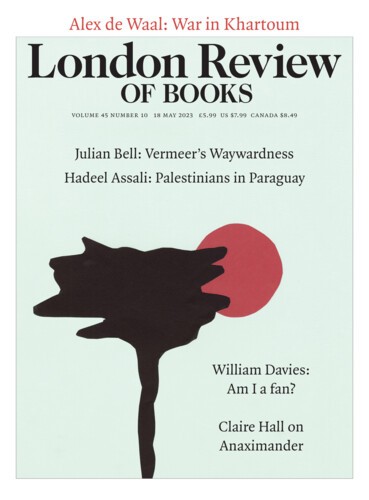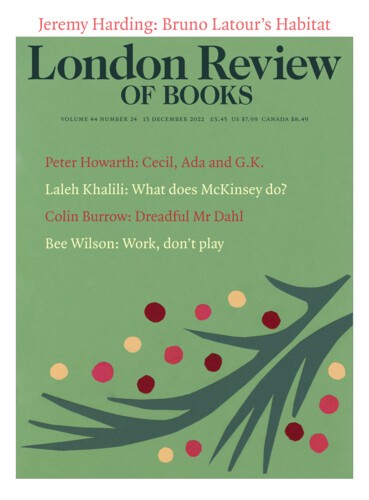Case-endings and Calamity: Aldine Aesthetics
Erin Maglaque, 14 December 2023
Aldus Manutius is the bibliophile’s bibliophile. Between 1495 and his death in 1515, Aldus issued from his Venice press more first editions of classical texts than had ever been published before, and more than anyone has published since. With his punchcutter, Francesco Griffo, he designed an elegant new typeface for printing in Greek (a serious technical challenge) as well as the...




